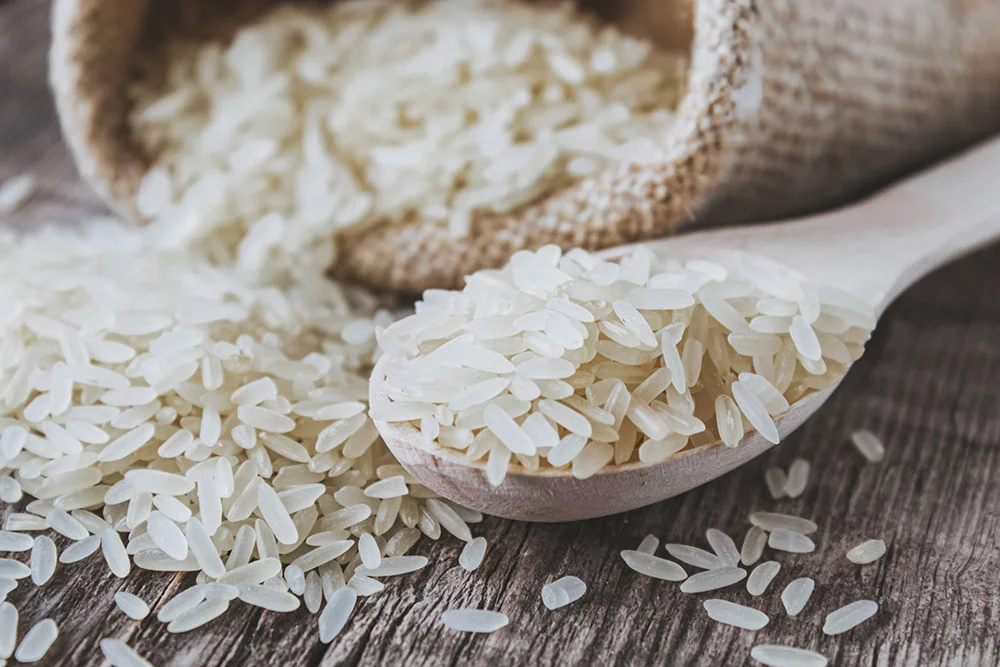How Common is Rice Intolerance?
While some people may replace other grains for rice in order to avoid certain food intolerances, they may find some crossover between other food sensitivities and sensitivity to rice. This can make it difficult to pinpoint the exact food sensitivities you have, which is when a food sensitivity test can help determine which ingredients are causing you discomfort.








